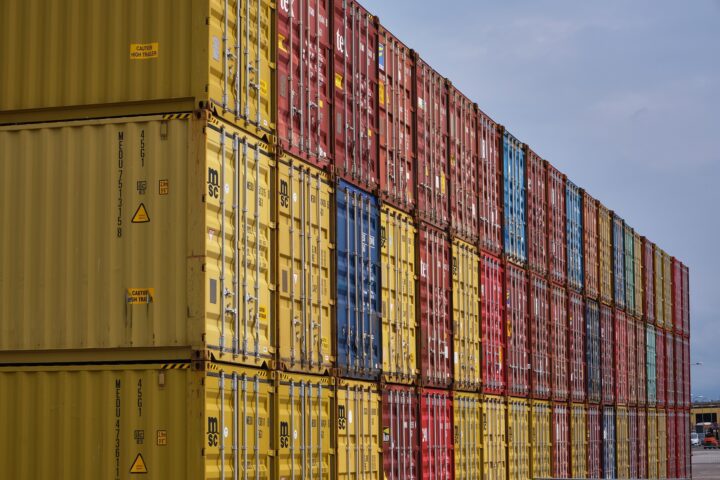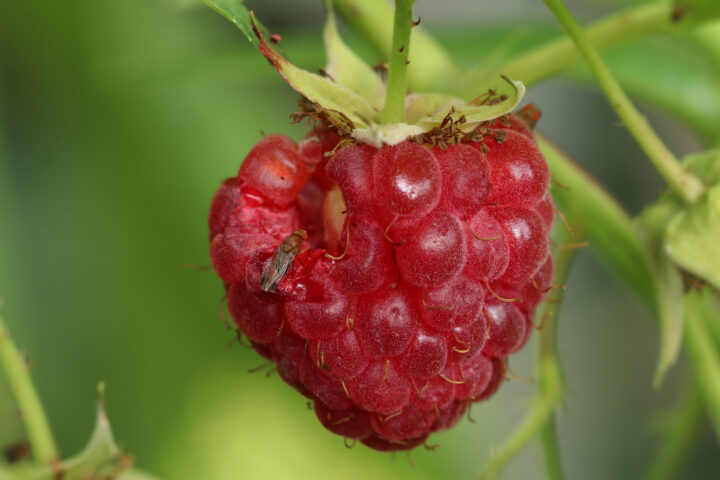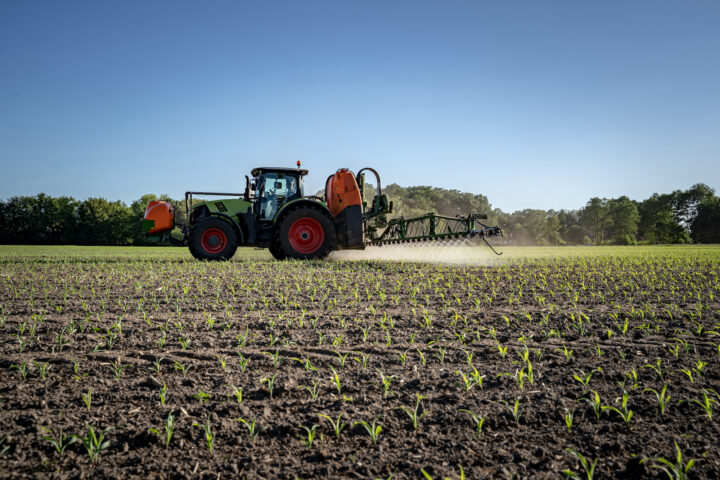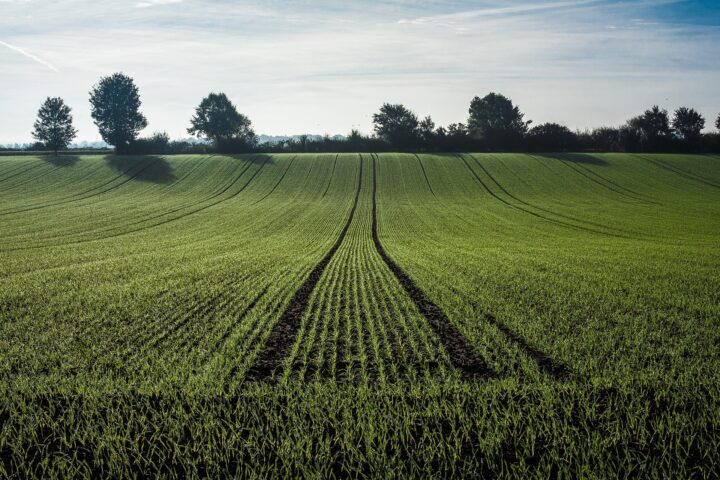
Class action lawsuit over pesticide ban
A proven seed dressing may no longer be used due to a decision of the European Court of Justice. As a result, the pumpkin harvest in Styria, Austria, has been almost completely destroyed. The affected farmers now want to go to court with a class action lawsuit. They are demanding compensation for the crop losses.
Friday, July 7, 2023
Styria in Austria is known for its pumpkin cultivation. Oil pumpkins are mainly grown for the production of pumpkin seed oil. This year, however, Styrian farmers are facing a disaster. The wet and cold weather in the spring has affected the delicate pumpkin seed. In May, the Austrian Broadcasting Corporation was still forecasting crop losses of up to 50 percent. As the "Kronen Zeitung" writes, 6600 hectares of the 8000 hectares on which pumpkins were grown in Styria are now damaged. A food loss unprecedented.
Proven fungicide banned
However, the blame for the enormous crop failures is by far not only the bad weather. Until last year, the Styrian pumpkin seeds were always treated with a proven seed dressing. The sensitive pumpkin seeds could thus be protected from fungal and pest attack in the field. Due to a ruling by the European Court of Justice, the active ingredient Metalaxyl-M could no longer be used this year. The substitute product had little effect in the fields. A large proportion of the pumpkin seeds sown did not germinate.
Farmers lack more and more tools
As reported by the "Kronen Zeitung", the affected pumpkin farmers feel abandoned by the politicians. One farmer tells the newspaper, "We small farmers are being pushed further and further into a corner where sooner or later we won't be able to produce at all." For the affected farmers, it is clear that the switch to a new seed dressing is responsible for the crop failures. They want to be able to use the old and proven crop protection agent again. But for many, this is not enough.
Farmers consider class action lawsuit
The affected farmers want to be compensated for the harvest losses and are considering going to court with a class action lawsuit. Pumpkin farmer Hannes Papst told the "Kronen Zeitung" newspaper: "After all, livelihoods are at stake. It can't be that everyone just brushes themselves off and we're left sitting on our damages." The story shows once again: agriculture cannot be done from an office chair. There must be cooperation with the practitioners - i.e. the farmers. Otherwise, the profession threatens to become unattractive to the next generation. "Our young people need predictability and reliability, otherwise no one will take over our farms anymore," says a concerned pumpkin farmer.
Sources
Kindly note:
We, a non-native editorial team value clear and faultless communication. At times we have to prioritize speed over perfection, utilizing tools, that are still learning.
We are deepL sorry for any observed stylistic or spelling errors.
Related articles

Is the industry exporting banned pesticides?
The media is full of stories about Swiss producers of plant protection products exporting pesticides that are banned in Switzerland. Weak regulations in importing countries would be deliberately exploited. However, this does not correspond to the facts. When exporting plant protection products, Swiss manufacturers adhere to strict international standards. In addition, there are certain products for which an approval in Switzerland does not make sense.

Because plants need protection from pests and diseases
The health of our crops cannot be taken for granted. On the contrary: in our mobile world, pests and plant diseases are spreading like wildfire. Climate change acts as an accelerant. When pests migrate and new plant diseases establish themselves in our latitudes, they can become a threat to native species. The International Plant Health Day on 12 May is a reminder of this. And the day shows: to ensure plant health in the future, research and innovation are needed above all.

Pesticide cuts
In Switzerland, a growing number of pesticides are being banned by the authorities. At the same time, there are almost no new ones entering the market. The regulatory authorities are severely overstretched. Things cannot go on like this. Every product that disappears from the market increases the risk of pests developing resistance and of crops failing.

Glyphosate offers many advantages
Glyphosate is the best-studied herbicide in the world. It is mainly used in agriculture to help farmers efficiently and cost-effectively remove unwanted vegetation from fields before sowing.

